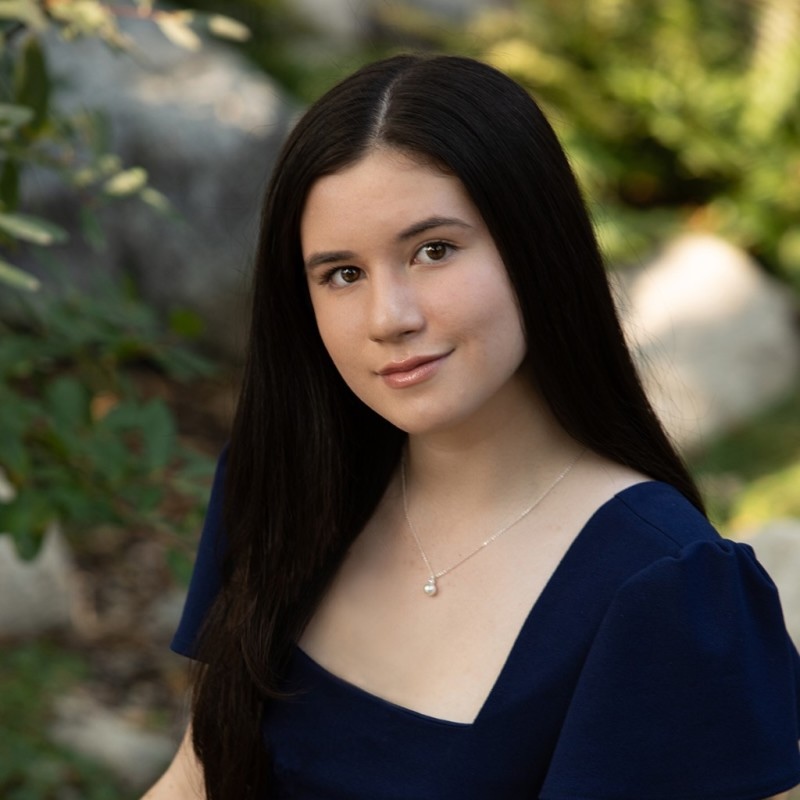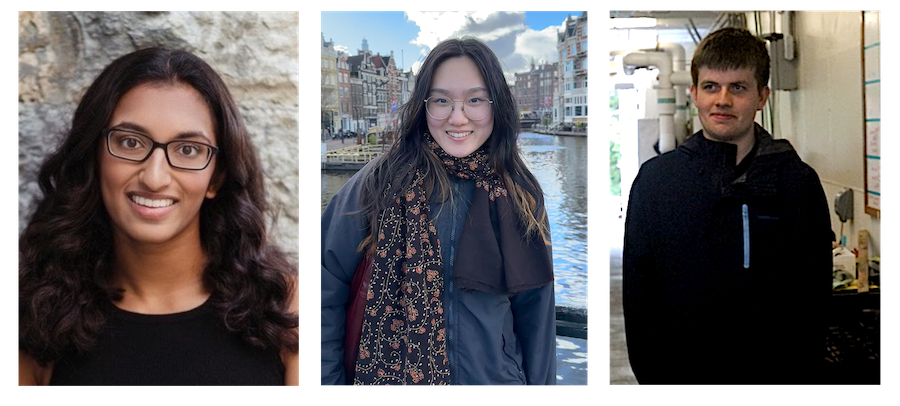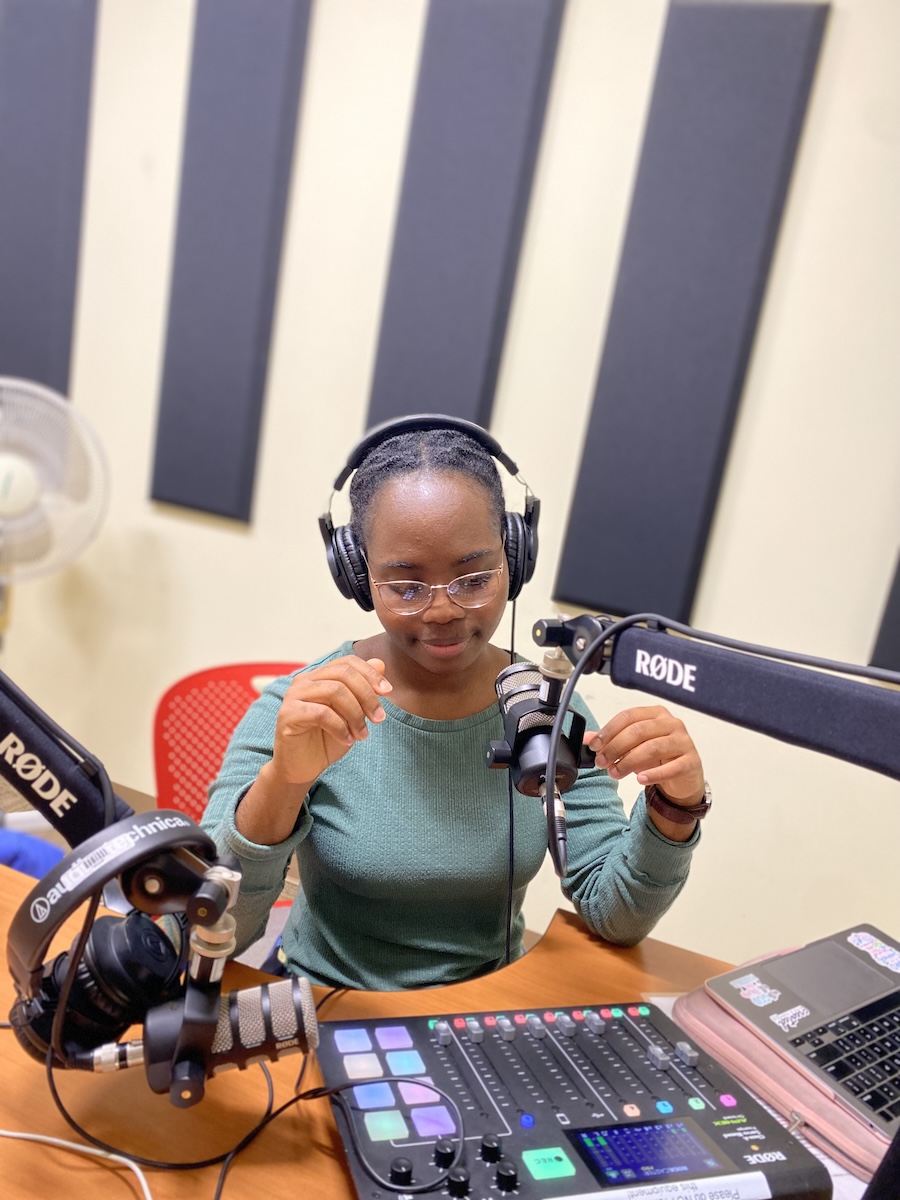Seniors Emily Oleisky and Hailey Wozniak Win Watson Fellowships
By Rebecca GoldfineThe most important rule the Thomas J. Watson Fellowship Foundation lays down for its fellows—who receive a stipend of $36,000, health insurance, and payments on student loans—is that they not return to the United States for twelve months. This year's forty-seven fellows will embark in the fall—if it is safe to travel then*—to study a range of topics, in over eighty countries, from rare diseases and water scarcity, to female filmmakers and nuclear energy. Bowdoin's two newest Watson fellows will explore fashion and identity, and narrative in medicine.
Common Threads: Fashioning a Self
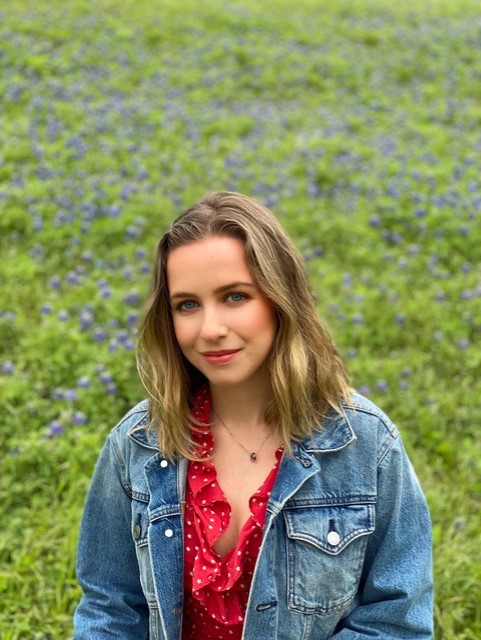
One of Hailey Wozniak's biggest accomplishments at Bowdoin has been cofounding Avant-Garb Magazine, an arty, brainy journal about fashion and culture that prominently features Bowdoin students and their personal styles.
Wozniak, a history major and cinema studies minor, credits her work as editor-in-chief of Avant-Garb as the inspiration for her travel itinerary. Next year, she will visit Senegal, India, Brazil, and South Korea to explore "how people cultivate their identities, react to their environments, and break boundaries through fashion."
She plans to talk to a broad swath of people about the clothes they have in their closets and what they choose to wear day to day. These straightforward questions, she says, can get at deeper truths about how people think of themselves and their place in society.
"There is a story in every closet," she added. "Whether people are conforming to expectation or pushing against social standards, how they adorn themselves every day is a choice." When she would ask Bowdoin students this question for feature stories, she ended up having some of her most interesting conversations.
Wozniak will start her trip in Dakar, Senegal—the "capital of West African fashion"—before continuing to Mumbai, India. In both places, she'll study the fusion of tradition, modernity, and globalism in local styles.
She'll then make her way to Sao Paulo, Brazil, during Carnival, where she'll get a chance to observe how "Brazilians transform themselves for public display" through elaborate costumes. She'll also explore the role that the LGBTQ community—particularly drag queens—plays in the national pageantry. She'll end her year in Seoul, South Korea, where she wants to talk to women who are rejecting the country's obsession with flawless female beauty.
Wozniak, who aspires to work in the TV and film industry one day, says she has loved fashion and dressing up since childhood, when she would watch her seamstress grandmother "turn a pile of materials into custom-made pieces for me or her other grandchildren."
"If someone is interested in fashion and self-expression, it's thought to be a superficial interest," she said, "but studying fashion and self-expression and how people dress is a deeply intellectual and introspective thing to do."
Contextualizing Wellness: An Exercise in Narrative Medicine
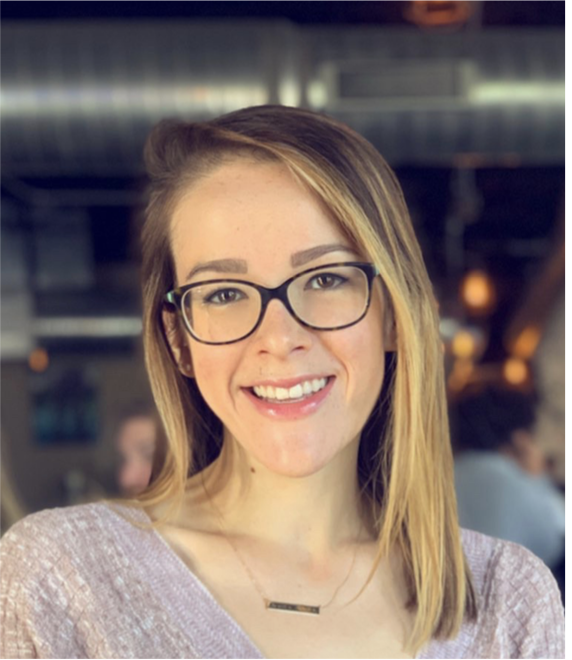
In her application for the Watson fellowship, Oleisky stressed that all she requires for equipment for a year of travel are "a journal and a pen!" The neuroscience major and aspiring medical student will travel to six countries to explore the role of narrative in medicine.
"I want to step beyond . . . institutional walls and my own cultural tides," she wrote in her application. "Granted unbounded intellectual space with the gift of a year’s time and a journal in hand, I will turn to the stories and sentiments of people to expand my understanding of the contextual nature of health and well-being."
It was only after starting at Bowdoin that Oleisky realized she wanted to be a physician. (In high school, she thought she would be an engineer). She also discovered anthropology, which is her minor.
The intertwining of her two academic interests—neuroscience and anthropology—helped shape her travel itinerary over the next year to the Netherlands, Italy, Kenya, Bangladesh, Peru, and Mexico. In all of these countries, Oleisky will focus on studying narrative medicine, an emerging field that looks at how society, culture, and personal experiences shape the stories that both patients and health care providers tell about illness and healing.
According to Columbia University, which offers a degree program in the discipline, "Narrative medicine enables patients and caregivers to voice their experience, to be heard, to be recognized, and to be valued, improving the delivery of health care."
In the Netherlands, Oleisky will volunteer at a research institution at Radboud University that investigates how the brain understands and processes narratives—and how this knowledge can be applied to health care. Then, in Milan, Italy, she will spend assist a prominent scientist at the Italian Society of Narrative Medicine with research.
Next, in Kenya, she'll shadow doctors at the Kijabe Missionary Hospital, looking at how both foreign and native-born providers offer care. From there, she will travel to the Kutupalong refugee camp in Bangladesh to explore the role of religion and spirituality in the well-being of displaced Rohingya people—particularly those with terminal illnesses—and whether these beliefs ever contradict medical advice from doctors.
Then she will fly to the Cusco highlands of Peru to observe medical missionary trips, and what happens before, during, and after these often short visits. "I am curious how these visiting trips fit into the local healing context," she says. In her final stop in Mexico, Oleisky will explore "culturally-bound syndromes," that is, folk illnesses like mal de ojo (evil eye), and the connections between traditional and Western medicine.
Oleisky is considering the possibility of one day practicing medicine abroad, either temporarily or more longer term. And while her Watson year will expose her to many different international healthcare situations, she sees her year ahead as one that most importantly will make her a better healthcare provider, no matter the context. "I hope to use empathetic listening and storytelling . . . to provide patient-centered and culturally appropriate care for every individual," she says.
*The Watson foundation has told its 2020 fellows that they can defer their travel plans if COVID-19 is still an active hazard next fall.
